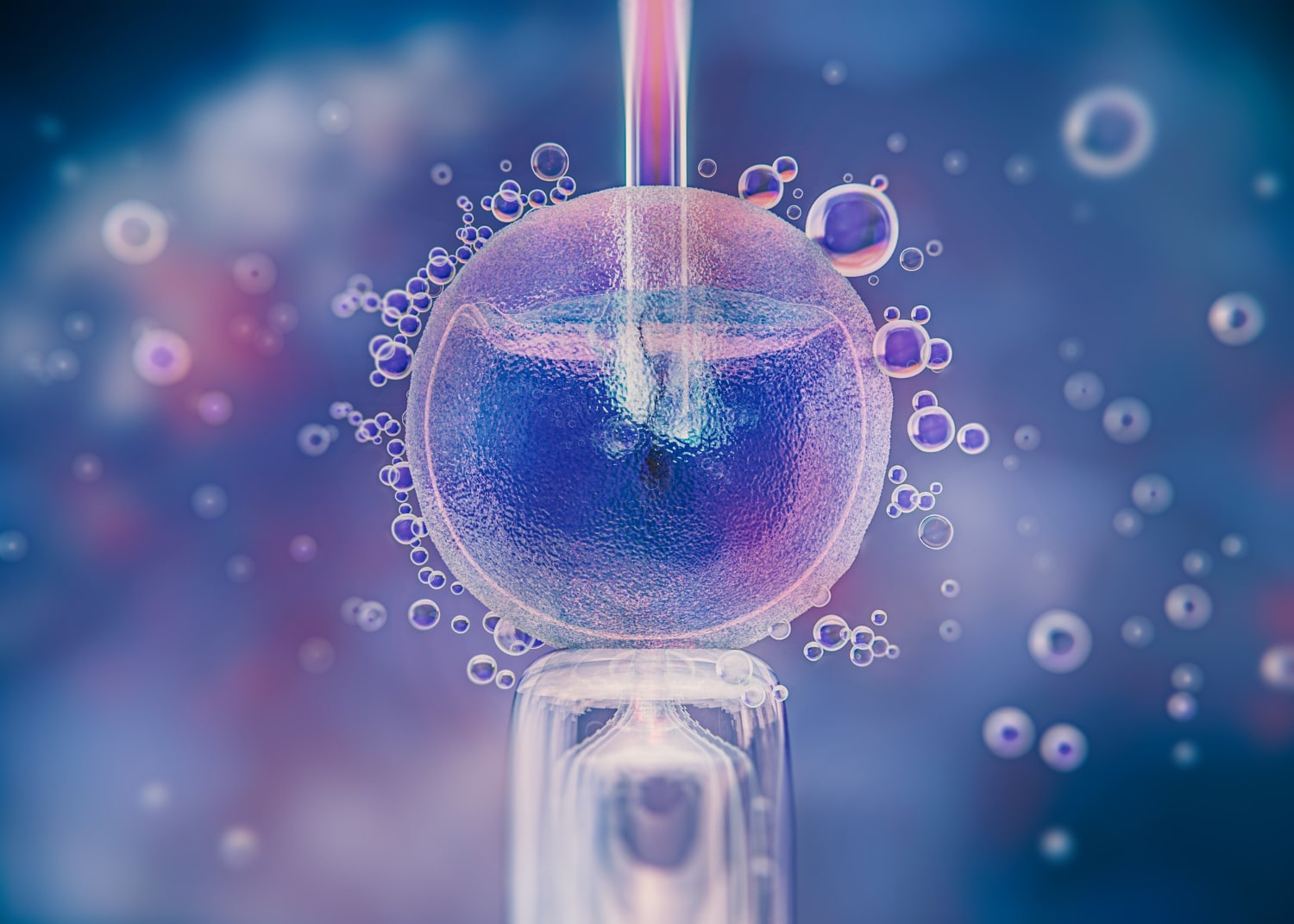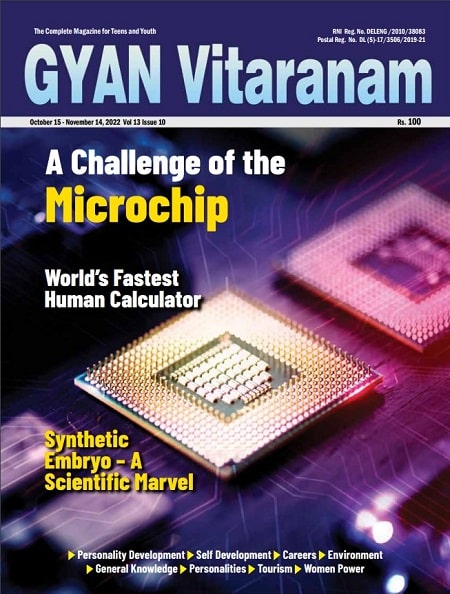In sexually reproducing organisms, life begins when a sperm fertilizes an egg cell to form a unicellular cell called a “zygote”. This single cell passes through several stages of cell divisions and developmental processes to form a miniature individual in the mother’s womb, and in this stage, it is called a “foetus”.
The word “embryo” originates from the Latin word called embryum which means “something that grows”. The moment the zygote undergoes first division to form two cells, the developmental stage is termed as embryonic stage. Advancements in science have helped to bypass all these essential requirements for the development of new life and have generated a synthetic embryo without an egg or a sperm.
This scientific breakthrough was made a reality by a team of scientists from the University of Cambridge. This team was led by Professor Magdalena Zernicka-Goetz, a professor in Mammalian Development and....

